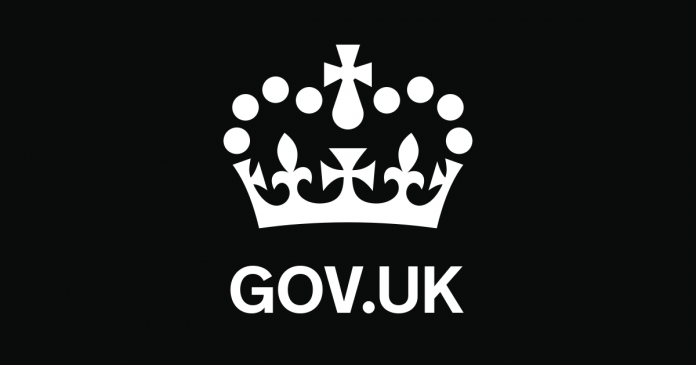Thank you Mr President. I would like to thank Special Representative Chambas for his briefing today and for his ongoing work over the past six months, during the terrible security and humanitarian challenges across the region. The United Kingdom will continue to work with UNOWAS and the countries in the region to form a well-calibrated and holistic response.
Mr President, the United Kingdom also welcomes the largely peaceful elections and strong voter turnout last year in Burkina Faso, Niger and Ghana. And we remain concerned by the violence and tension which have marked some elections in the region. And we encourage all parties to continue to use dialogue to resolve their political differences. We’re grateful to you, SRSG Chambas for your personal, quiet diplomacy, which, while not always in the public eye, has a significant impact across the region.
Mr President, regarding the situation in Mali, the United Kingdom believes that the transition period is an opportunity not only to prepare for free and fair elections, but to make progress on key issues such as the peace process and tackling corruption. The authorities in Mali should focus on these issues as a matter of urgency. Resuming the regular meetings of the Comité de Suivi de l’Accord is a positive first step, and we welcome the inclusion of women for the first time.
We remain deeply concerned by the continuing deteriorating humanitarian situation across much of the region, and we are concerned by the growing instances of forced displacement in central Sahel and north east Nigeria. Last year, the UK provided an additional $21 million humanitarian funding to the Sahel, taking our funding there since 2019 to over $200 million. This assistance has supported over seven million people in the hardest hit areas. But the assistance needs to reach those who need it. And we urge all parties to ensure unhindered humanitarian access to allow the delivery of goods and services. Without this, food insecurity and protection needs will continue to rise.
Mr President, the UK is concerned by the rise in human rights violations across West Africa and the Sahel, and we call for strengthened accountability from governments and improved compliance with international human rights standards. We are committed to supporting action on this. For example, with our contribution to international humanitarian law training for Malian armed forces and the support for the implementation of the Human Rights Compliance Framework for the G5 Sahel Joint Force.
We also, in these meetings, colleagues will recall, frequently advocate for the protection of children, educators and schools across the region and encourage all governments to follow the Safe Schools Declaration in these meetings. We welcome the release of over 300 boys abducted in north west Nigeria late last year. This event reinforces the importance of this initiative.
Finally, Mr President, on climate, it is good to hear many Council members talk about the impact of climate change on security in this region, regardless of your views on the causes of climate change. The UK’s views on this are quite clear. We know that the climate is changing and that it is negatively impacting security, as Ambassador Kimani set out very clearly. We have a responsibility as this Council to consider the impact of climate change more fully and factor it into the UN system response to ensure that we do what we can to prevent further risks to peace and security from the challenges posed by climate change.
Mr President, with these interconnected challenges facing this region, we welcome the continued implementation of the UN integrated strategy for the Sahel and UNOWAS’s close engagement with the region and with regional bodies. As Ambassador Kimani says, we need a holistic approach with the security efforts that the G5, Sahel, Tacuba, Barkhane, but also national security efforts being joined up with the efforts of wider development partners to address the root causes of violence because the region is not going to make real progress unless security gains are underpinned by quick and effective development activity.
So I hope, Mr Chambas, that you can continue to champion this approach within the UN system to the region and beyond.
Thank you very much.







